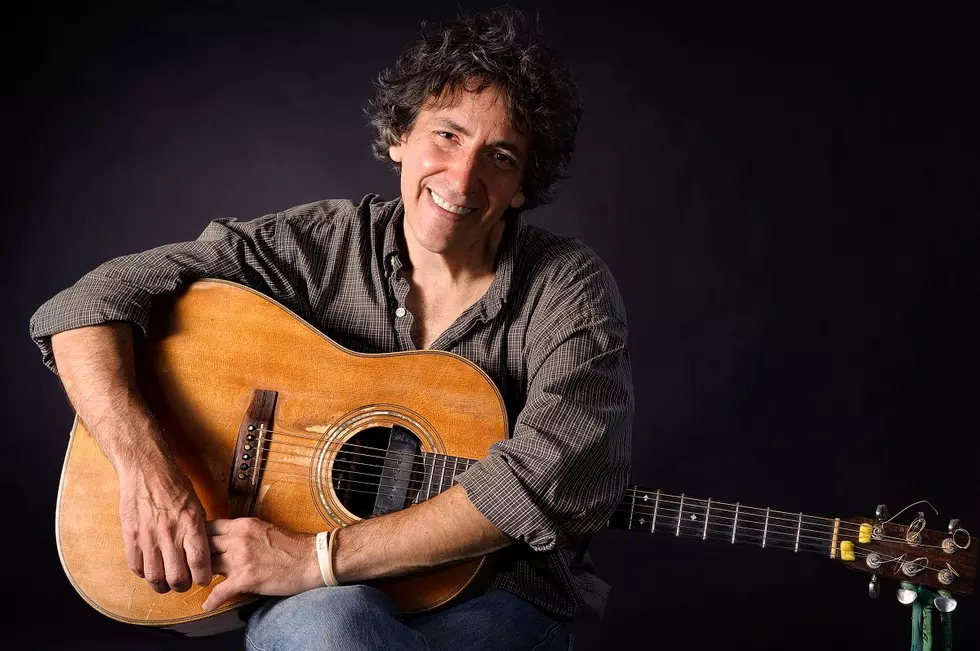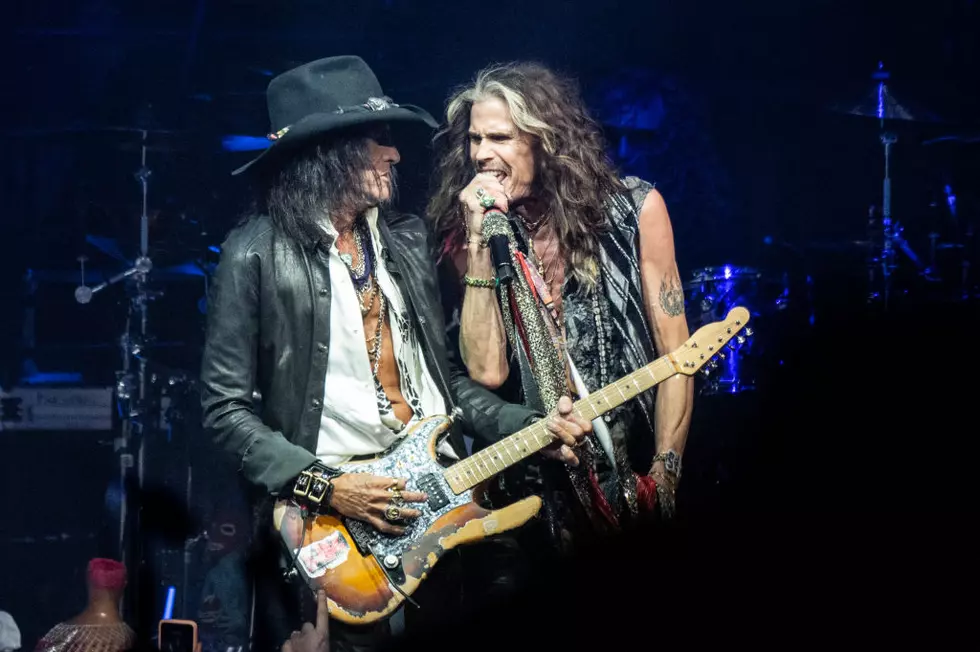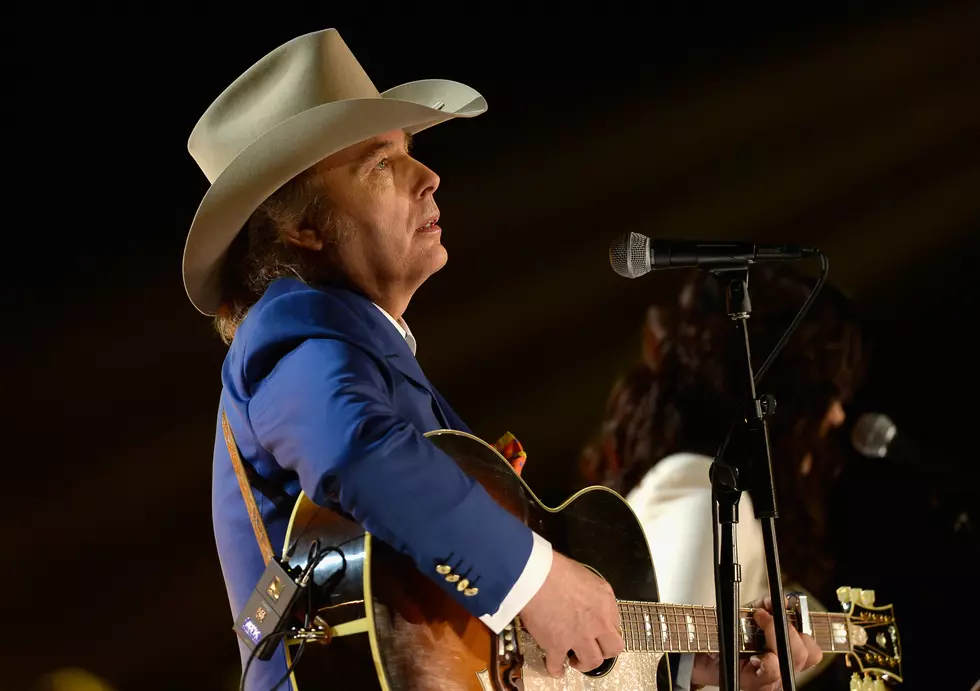28 Years Ago: Bruce Springsteen Looks Inward on ‘Tunnel of Love’
After the unprecedented success of Born in the U.S.A., nobody would have blamed Bruce Springsteen if he had chosen to deliver another album of stadium-friendly blue-collar anthems. Instead, Springsteen scaled everything back as he looked inward for the haunting and powerful Tunnel of Love, which was released on Oct. 9, 1987.
When word got out that Springsteen was working on an album of love songs, many expected it to reflect a state of domestic bliss as a result of his 1985 marriage to actress Julianne Phillips. The reality was that they were in trouble, with the clues evident to anybody who listened closely enough to the songs.
Tunnel of Love is a song cycle, beginning with lust and desperation, moving through love and marriage, and ending with doubt and fear. Its opening song, "Ain't Got You," features Springsteen doing his best Elvis Presley impression against an acoustic Bo Diddley beat as the narrator states that all his fame and fortune means nothing without the object of his desires. Steve Van Zandt, who had left the E Street Band a few years earlier but remained a close friend and confidant, took issue with the personal references.
"I’m, like, 'What the f--- is this?'" he said in an interview with The New Yorker. "And he’s, like, 'Well, what do you mean, it’s the truth. It’s just who I am, it’s my life.' And I’m, like, 'This is b-------. People don’t need you talking about your life. Nobody gives a s--- about your life. They need you for their lives. That’s your thing. Giving some logic and reason and sympathy and passion to this cold, fragmented, confusing world—that’s your gift.'"
Perhaps Springsteen took Van Zandt's criticism to heart. The other songs' protagonists are more universal even as they reflect Springsteen's personal torment. "Spare Parts" and "Cautious Man" are written in the third person, and "Walk Like a Man," the closing track on side one, is about how marriage forces one to embrace adulthood and try to live up to his father's example.
Any further hope that romance would prevail on side two would be quickly erased on side two. The title track refers to marriage as a haunted house where "it's easy for two people to lose each other." "Two Faces," "Brilliant Disguise" and "One Step Up" describe how the inability to understand one's self can hurt a relationship and lead to infidelity. It closes with "Valentine's Day," a late-night drive filled with ambiguity, fear and nightmares -- hardly the moon/June material people were expecting.
Conspicuous by their absence on Tunnel of Love was the E Street Band. Springsteen played nearly all of the guitars and keyboards and used a drum machine for many of the songs. The band were called in as necessary, with Nils Lofgren's guitar solo on the title track being the album's instrumental highlight. Clarence Clemons' saxophone is nowhere to be heard; the Big Man only contributed background vocals on "When You're Alone."
Still, Springsteen brought out his longtime musical comrades for another, albeit shorter, world tour, with two changes. First was the addition of the Miami Horns, and second was the increased involvement of Patti Scialfa, which created no small degree of sexual tension between the two on stage.
It wasn't an act. In Rome in June 1988, Springsteen and Scialfa were caught snuggling on a balcony by the paparazzi, forcing the public acknowledgement that Springsteen and Phillips had separated, with a divorce finalized in 1989. In a more shocking breakup that year, Springsteen fired the E Street Band. They would reunite in 1995 to record some songs for a compilation, with a proper reunion taking place in 1999 that has continued to this day. Springsteen married Scialfa two years later, and they have three children together.
Tunnel of Love sold three million copies in America and spawned three hit singles, "Brilliant Disguise" "Tunnel of Love" and "One Step Up."
Bruce Springsteen Albums, Ranked Worst to Best
This Day in Rock History: October 9
More From 103.7 The Loon



![Foo Fighters’ Taylor Hawkins Drumming in 9th Grade [VIDEO]](http://townsquare.media/site/66/files/2015/08/Taylor-Hawkins-in-9th-Grade.png?w=980&q=75)






